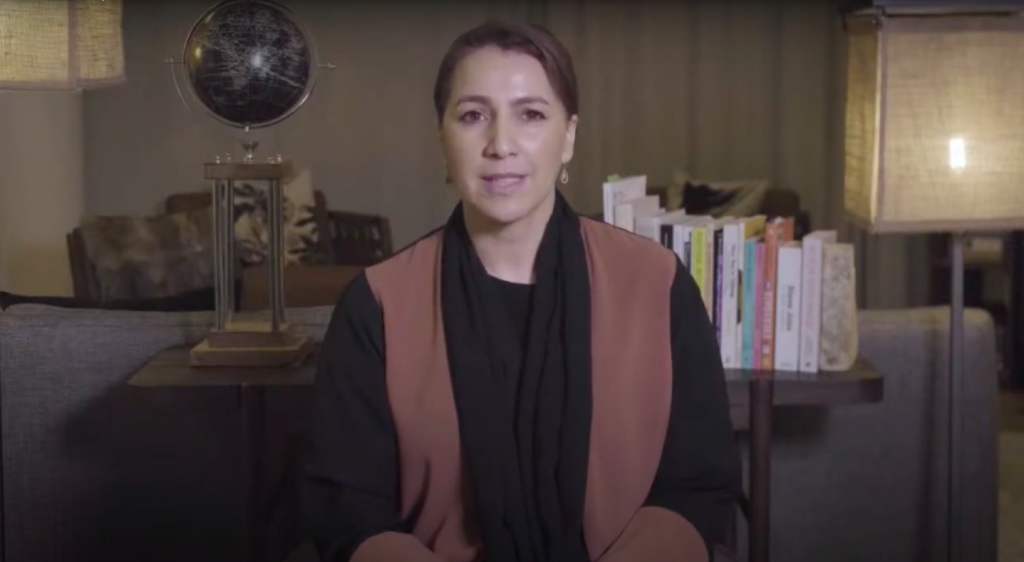São Paulo – “The statistics reveal how Brazil’s output is important to global food security,” said the UAE minister of State for Food Security Mariam bint Mohammed Al Mheiri (pictured above), in mentioning that Brazil accounted for almost 10% of her country’s total imports in H1 2019. Al Mheiri kicked off the third day of the Economic Forum Brazil & Arab Countries alongside Brazil’s minister of Agriculture, Livestock and Supply, Tereza Cristina.

The day’s discussions revolved around food security. Al Mheiri said one of the reasons Brazil’s partnership with her country is so successful is that Brazil complies with food security standards, and the UAE provides a good business environment.
As a case in point, she mentioned the processing plant that Brasil Foods (BRF) has in Abu Dhabi. It is the biggest such facility in the entire Middle East. “Those industries are crucial to enabling innovation and adding value to production chains,” she said. “Our national strategy provides for a 30% improvement in productivity through agricultural technology, with an eye to making the UAE a world-class innovation hub.”
To that end, Al Mheiri said, Brazilian AgTechs — agricultural technology startups that are popping up more and more in Brazilian farming – are essential. “We must create platforms to share knowledge in this promising field. Brazil and the UAE have a unique opportunity to work together and enable a paradigm shift in food security, with AgTechs at the core of this strategy. Let us not waste this opportunity.”

Brazil’s minister of Agriculture, Livestock and Supply Tereza Cristina reaffirmed her commitment to developing ever-more solid agreements with Arab countries. She said the strategic partnership between Brazil and the Arab countries is an example of complementarity. “Brazil is the leading exporter of halal protein in the world,” she said. “We are known for the quality of our product and the efficiency of our enterprises in meeting the requirements of Arab countries.”
She also said the pandemic has evidenced the fact that health and food are interdependent. “Shoppers are demanding even safer food. We must build sustainable agrifood systems and step up international cooperation to cater to growing demand for foodstuffs, and to enhance food security throughout the planet.”
Arab Brazilian Chamber of Commerce Foreign Trade VP and panel moderator Ruy Carlos Cury remarked that Brazil plays a key role in supplying food to the 400 million residents of Arab countries; it accounts for about 50% of all the food consumed across the region. Besides supplying items such as sugar and poultry, which are some of the most imported items by Arab countries, the Brazilian government envisions growth opportunities in cocoa, cotton, and dried fruit.

“That is why we are working for direct logistics connections between the two regions, particularly by sea, and we support Brazilian enterprises looking to partner up with Arab countries,” Cury said. “It is our responsibility to ensure that hundreds of thousands of people will have access to healthy foods, through halal certification, through complying with Islamic rules.”
The panel also featured Minas Gerais State Government secretary for Agriculture, Livestock and Supply Ana Maria Soares Valentini, who said her region is ready to build rapport with the Arab countries and to step up its exports — in 2019, 1.2 million tons’ worth of goods got shipped from Minas Gerais to the Arab world, particularly sugar, meats, coffee and cereals.
Check out the full coverage on ANBA.
*Special report by Camila Baltazar for ANBA
Translated by Gabriel Pomerancblum




